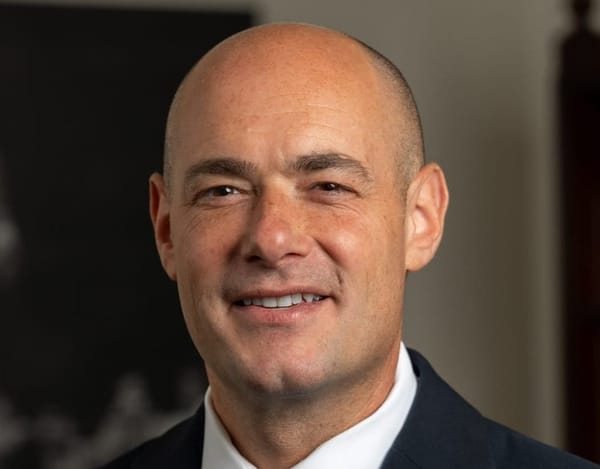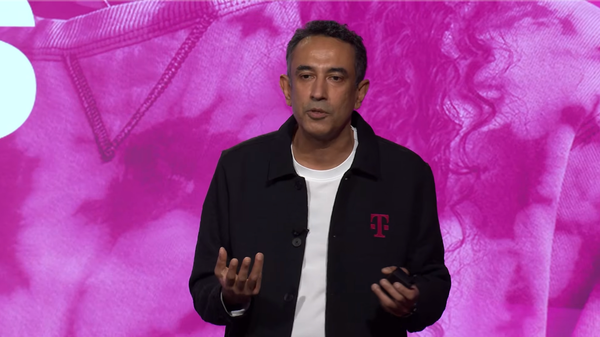Fifth Circuit Holds ISP Accountable for User Piracy
The court found ISP’s inaction on piracy notices contributed to copyright infringement.
Jericho Casper

WASHINGTON, Oct. 15, 2024 – As music giants crack down on illegal downloads, one Internet Service Provider’s refusal to act might cost it millions.
The U.S. Court of Appeals for the Fifth Circuit upheld in a panel ruling Wednesday that Grande Communications, a subsidiary of regional ISP Astound Broadband, was liable for contributory copyright infringement after failing to terminate the service of internet users accused of piracy.
"Here, Plaintiffs [Universal, Warner, and Sony] proved at trial that Grande knew (or was willfully blind to) the identities of its infringing subscribers based on Rightscorp’s notices, which informed Grande of specific IP addresses of subscribers engaging in infringing conduct. But Grande made the choice to continue providing services to them anyway, rather than taking simple measures to prevent infringement," said the unanimous ruling by three judges on the conservative-leaning court.
Although the 5th Circuit upheld Grande’s liability for contributory copyright infringement, it ruled that the original $46.8 million damages award was excessive. The court determined that the lower court had made an error by awarding separate damages for each of the 1,403 songs involved, clarifying that statutory damages should be calculated per album rather than per song.
As a result, the case has been remanded for a new trial on damages, and the final payout will be significantly lower—likely still in the millions, though record labels will no longer receive individual awards for each song.
Grande argued that cutting off internet access for alleged piracy would be a “draconian” response, but the court rejected this defense. Grande’s liability stems from ignoring multiple infringement notices issued by copyright enforcement company Rightscorp.
At the heart of the ruling is Grande’s past policy of refusing to terminate subscribers, no matter how many piracy notices it received. The court found that Grande could have taken “simple measures” to prevent further infringement, such as suspending or terminating accounts, but instead it allowed subscribers to continue illegal downloading. Grande’s defense that terminating accounts would be an overreach was rejected by the court.
Under the Digital Millennium Copyright Act, broadband providers can claim safe harbor from liability if they maintain a clear policy for terminating repeat infringers, a standard the court found Grande failed to meet.
This ruling comes as a similar case involving Cox Communications is pending before the Supreme Court. Cox, facing nearly identical claims, has argued that ISPs should not be required to disconnect users based on infringement notices, which they say are often unreliable and could penalize innocent users.
In February, the Fourth Circuit Court of Appeals threw out $1 billion in damages against Cox but upheld a finding that the company could be held liable for not terminating the accounts of subscribers accused of pirating music.










Member discussion